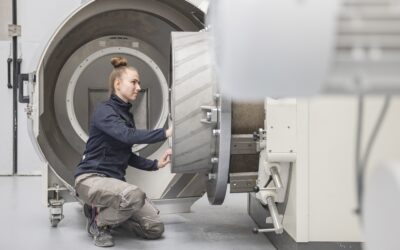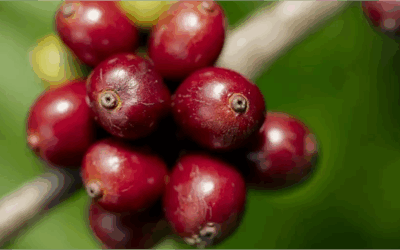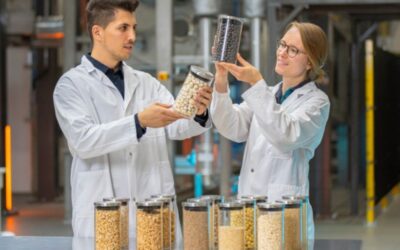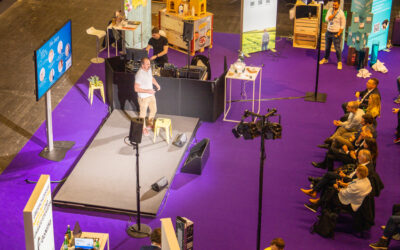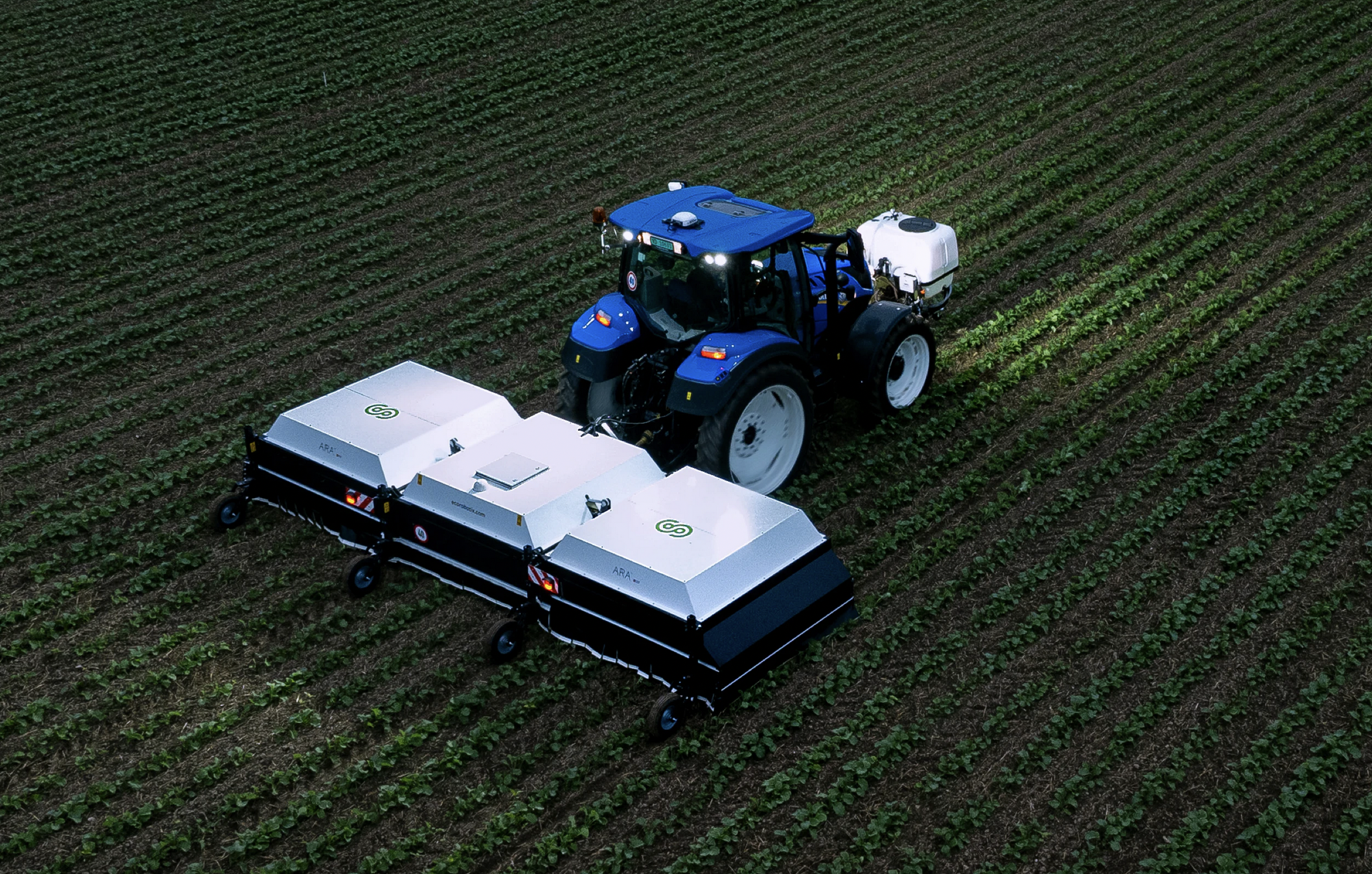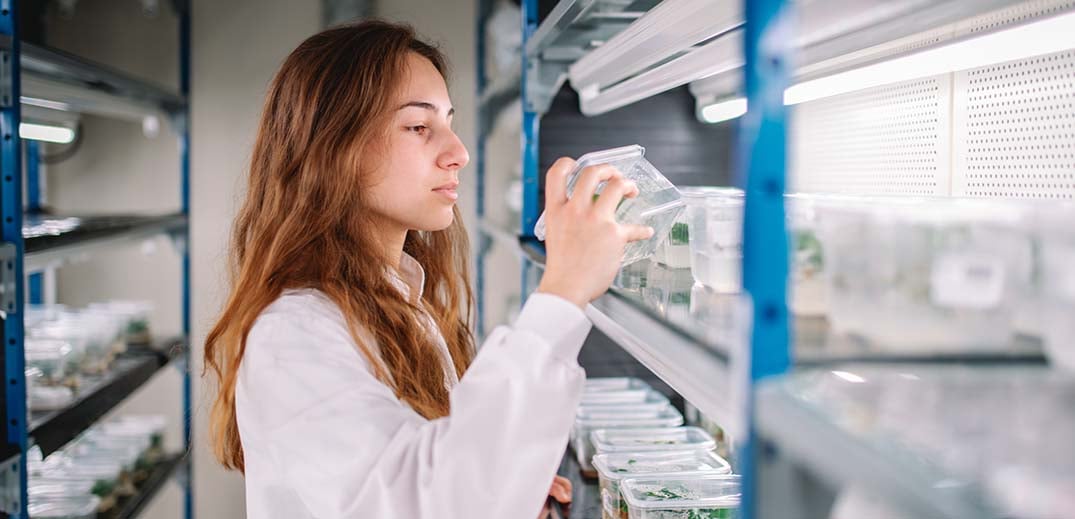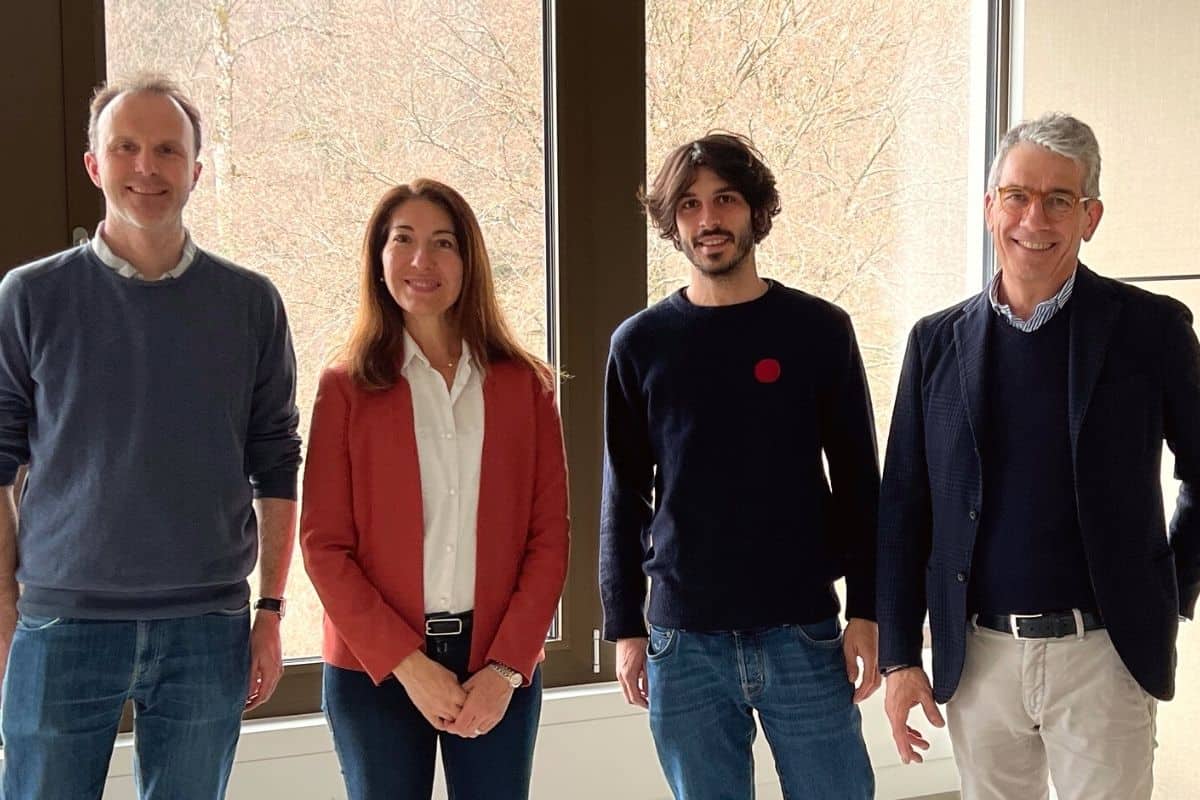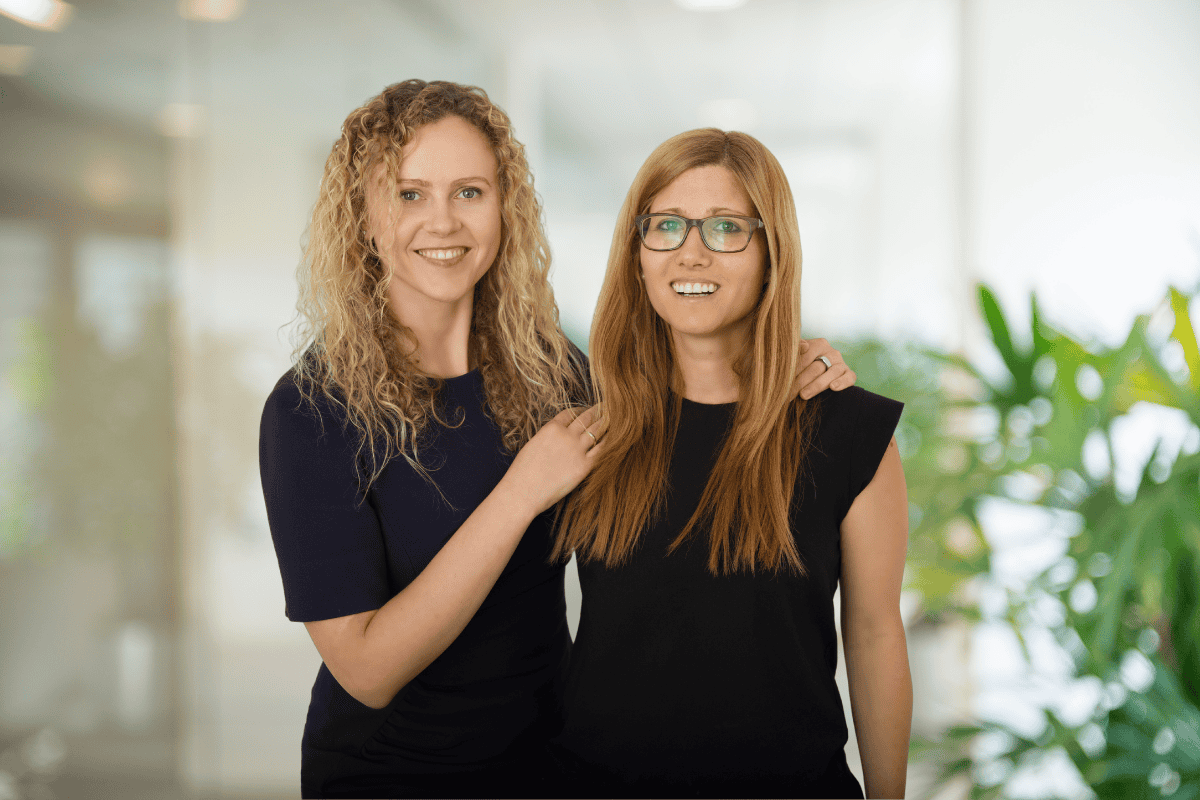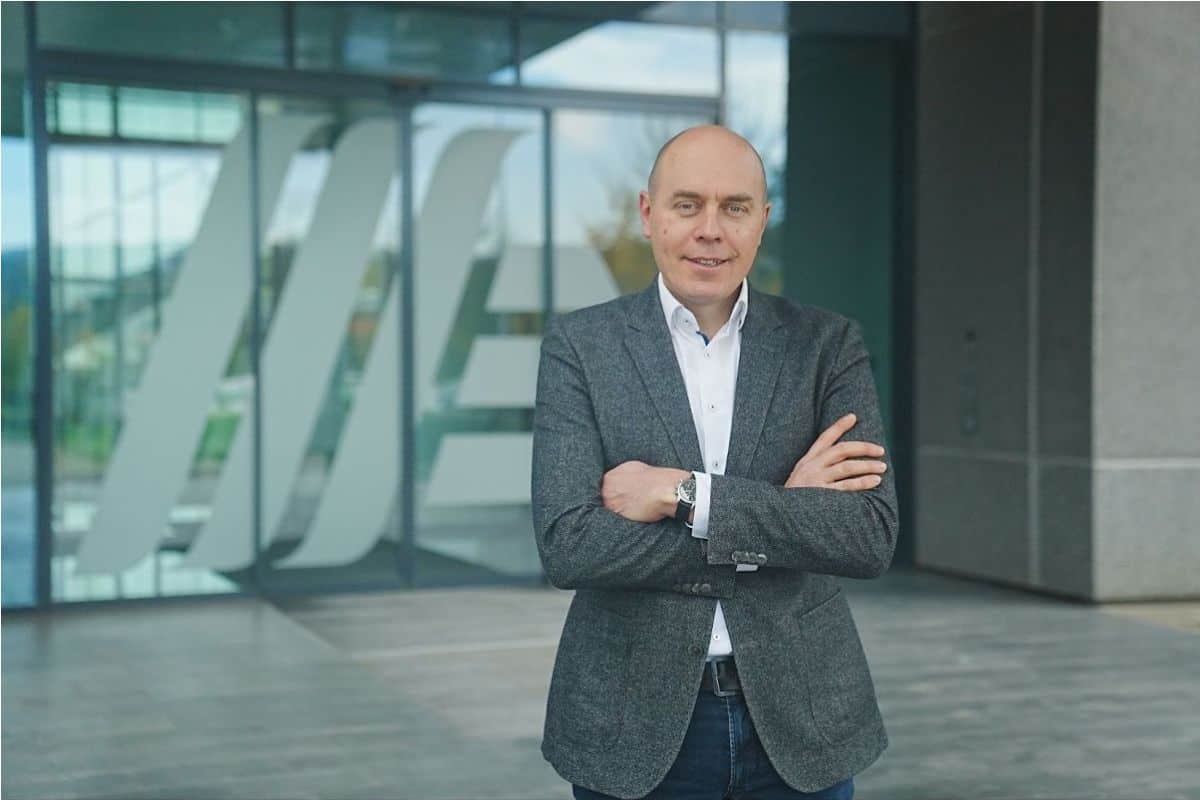Valley partner Bühler has opened a...
How Givaudan’s Sense It® taste language translates science into emotions
How Givaudan’s Sense It® taste language translates science into emotions

With over 400 descriptors and digitalisation plans, the sensory language is building as ever-clearer window into the consumer mind.
Sense It®, a proprietary taste language created by Givaudan, is celebrating its 30th anniversary. First developed in 1993, it has become a universal and standardised language used around the world for food experience characterisation, differentiation, and product innovation.
Sense It® has grown enormously since its inception, with Givaudan regularly adding new descriptors to the language. What began as a local tool for flavour characterisation has been transformed into a robust universal language with descriptors for flavour, taste and mouthfeel. As the language has grown, so has its ability to describe up-and-coming categories, such as plant-based meat. For example, the introduction of a mouthfeel language for solid applications was recently rolled out, enabling manufacturers to better understand how to modulate dry, astringent and juiciness characteristics in plant-based products.
Fabio Campanile, Valley Executive Committee member and Global Head of Science & Technology Taste & Wellbeing, explains, “Consumers know if they like or do not like a product, but have difficulty explaining why. Sense It® helps bridge the gap between what consumers perceive and what they are able to express. Over the years the language has been expanded into new, important categories and so it continues to be very valuable in helping guide our customers with their product creation.”
A strength of the Sense It® language is that it allows usage in virtual environments, when alternatives to in-person consumer testing are needed. Trained panels at Givaudan were able to use Sense It® along with their proprietary holistic profiling method to provide customers with highly accurate information on consumer perception without going to consumers.
Looking to the future, digitisation will play a key role in simplifying the language’s increasing complexity and creating a seamless experience for users. Fabio remarked, “We’re creating a new set of digital tools that will help the user put their sensory perception of a product, such as a plant-based burger, into descriptive words that convey the full experience, including mouthfeel, colour and taste.”
While Sense It® will greatly benefit from this digitisation, it’s also playing a pivotal role in helping AI tools and digital tools become more effective. By translating consumer perception into language, Sense It® provides a rich vocabulary with which we can digitally communicate about the senses, supporting and enabling our next generation of language-based AI applications.
About Givaudan
Givaudan is a global leader in Fragrance & Beauty and Taste & Wellbeing. We celebrate the beauty of human experience by creating for happier, healthier lives with love for nature. Together with our customers we deliver food experiences, craft inspired fragrances, and develop beauty and wellbeing solutions that make people look and feel good. In 2022, Givaudan employed almost 16,700 people worldwide and achieved CHF 7.1 billion in sales with a free cash flow of 6.7%. With a heritage that stretches back over 250 years, we are committed to driving long-term, purpose-led growth by improving people’s health and happiness and increasing our positive impact on nature. This is Givaudan. Human by nature. Discover more at www.givaudan.com
About Taste & Wellbeing
Powered by innovation and creativity, Givaudan Taste & Wellbeing aims to shape the future of food by becoming the co-creation partner of choice to its customers. Built on its global leadership position in flavours and taste, the Company goes beyond to create food experiences that do good and feel good, for body, mind and planet. With an expanded portfolio of products across flavours, taste, functional and nutritional solutions and a deep knowledge of the food ecosystem, Givaudan’s passion is to collaborate with customers and partners to develop game-changing innovations in food and beverage. This is Givaudan. Human by nature. Learn more about how Givaudan is shaping the future of food at www.givaudan.com/taste-wellbeing
Never miss a Swiss food innovation morsel.
Latest News
Bühler launches state-of-the-art Milling Academy
Valley partner Nestlé’s Nescafé surpasses 2025 regenerative agriculture goal
Nescafé, Valley partner Nestlé's...
Bühler opens puffing technology center to bolster product development capabilities
Swiss tech leader Bühler has opened...
Igeho Rising Star 2025: five finalists announced
The results are in: The Swiss food and...
